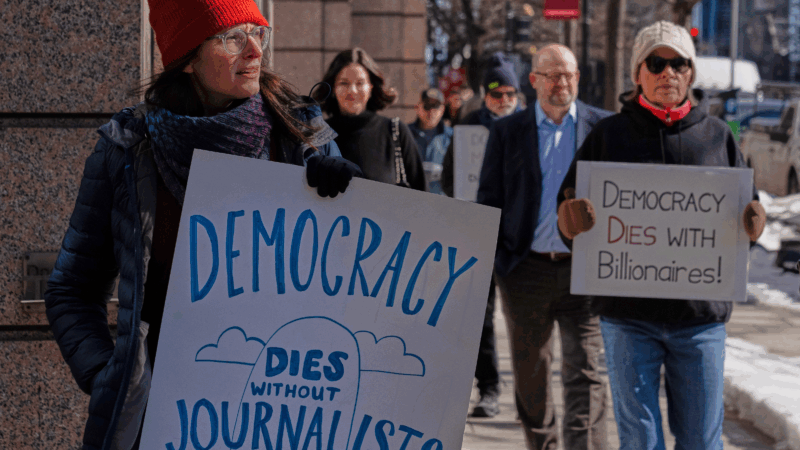This Year’s Sidewalk Film Festival Becomes A Drive-In
Chloe Cook had a big decision.
She’s the executive director of the Sidewalk Film Festival. The annual event normally brings thousands of people to downtown Birmingham each August who venue-hop over a weekend from the Carver Theatre in the Birmingham Civil Rights District to auditoriums at the Alabama School of Fine Arts. But a crowded theater is not the safest place during the coronavirus pandemic. COVID-19 forced many film festivals to go online or cancel.
Sidewalk organizers considered a scaled down version and a pop-up festival. All while public health rules continually changed. The last thing Cook wanted was to cancel the film festival.
“We’ve been trying to keep lots of balls in the air for the last couple of months to wait and see which one felt like the right one to catch and then run with it,” Cook said.
The best option? A drive-in.
This year’s festival will be held August 24 through 30 at the Grand River Drive-in, a four-screen, outdoor theater in Leeds.
“We were just glad to have a facility of this type so nearby. Drive-ins are not really common anymore,” Cook said.
The format allows festival-goers space. Movie fans don’t have to leave their vehicles unless they want to. But it will mean many changes. Gone are the VIP receptions and other social gatherings, although there will be virtual question and answer sessions with filmmakers. Each show is individually ticketed, meaning weekend and day passes that allowed patrons to make a last-minute decision on what to see have been eliminated for this year. Organizers needed to keep a closer tab on cars to manage traffic.
But perhaps the biggest change to the festival is because of the sun. Films can only be shown outdoors when it’s dark, limiting Sidewalk to evening hours this year. Normally, the festival would show about 350 titles between feature-length and short films. This year that had to be scaled back to about 150.
The show will go on, but Cook admitted it will feel different away from its traditional home in downtown Birmingham. She said the festival has built pride in downtown. And while some festivals screen films in multiplexes, Sidewalk elevates historic venues such as the Alabama and Lyric theatres. Will it feel different?
“I wish I could say, ‘absolutely not. It’s the exact same experience, just 20 minutes away,’” Cook said.
But she believed the core of the festival, the films themselves, are the same quality attendees have come to expect. She said they also don’t want the festival to be exactly the same every year.
“This is just a giant twist,” Cook said.
Like many nonprofits, Sidewalk has suffered financially during the pandemic. The organization opened a new film center and cinema downtown in October. It’s been closed since March. All employees have taken pay cuts and the organization received a Paycheck Protection Program loan in the spring.
Cook said Sidewalk depends primarily on festival revenue to stay afloat, and ticket sales are well behind compared to previous years.
“We hope that as we get closer to the festival that we see an increase in ticket sales and participation,” Cook said. “Without that increase, I’m concerned.”
Pentagon says it’s cutting ties with ‘woke’ Harvard, ending military training
Amid an ongoing standoff between Harvard and the White House, the Defense Department said it plans to cut ties with the Ivy League — ending military training, fellowships and certificate programs.
‘Washington Post’ CEO resigns after going AWOL during massive job cuts
Washington Post chief executive and publisher Will Lewis has resigned just days after the newspaper announced massive layoffs.
In this Icelandic drama, a couple quietly drifts apart
Icelandic director Hlynur Pálmason weaves scenes of quiet domestic life against the backdrop of an arresting landscape in his newest film.
After the Fall: How Olympic figure skaters soar after stumbling on the ice
Olympic figure skating is often seems to take athletes to the very edge of perfection, but even the greatest stumble and fall. How do they pull themselves together again on the biggest world stage? Toughness, poise and practice.
They’re cured of leprosy. Why do they still live in leprosy colonies?
Leprosy is one of the least contagious diseases around — and perhaps one of the most misunderstood. The colonies are relics of a not-too-distant past when those diagnosed with leprosy were exiled.
This season, ‘The Pitt’ is about what doesn’t happen in one day
The first season of The Pitt was about acute problems. The second is about chronic ones.






